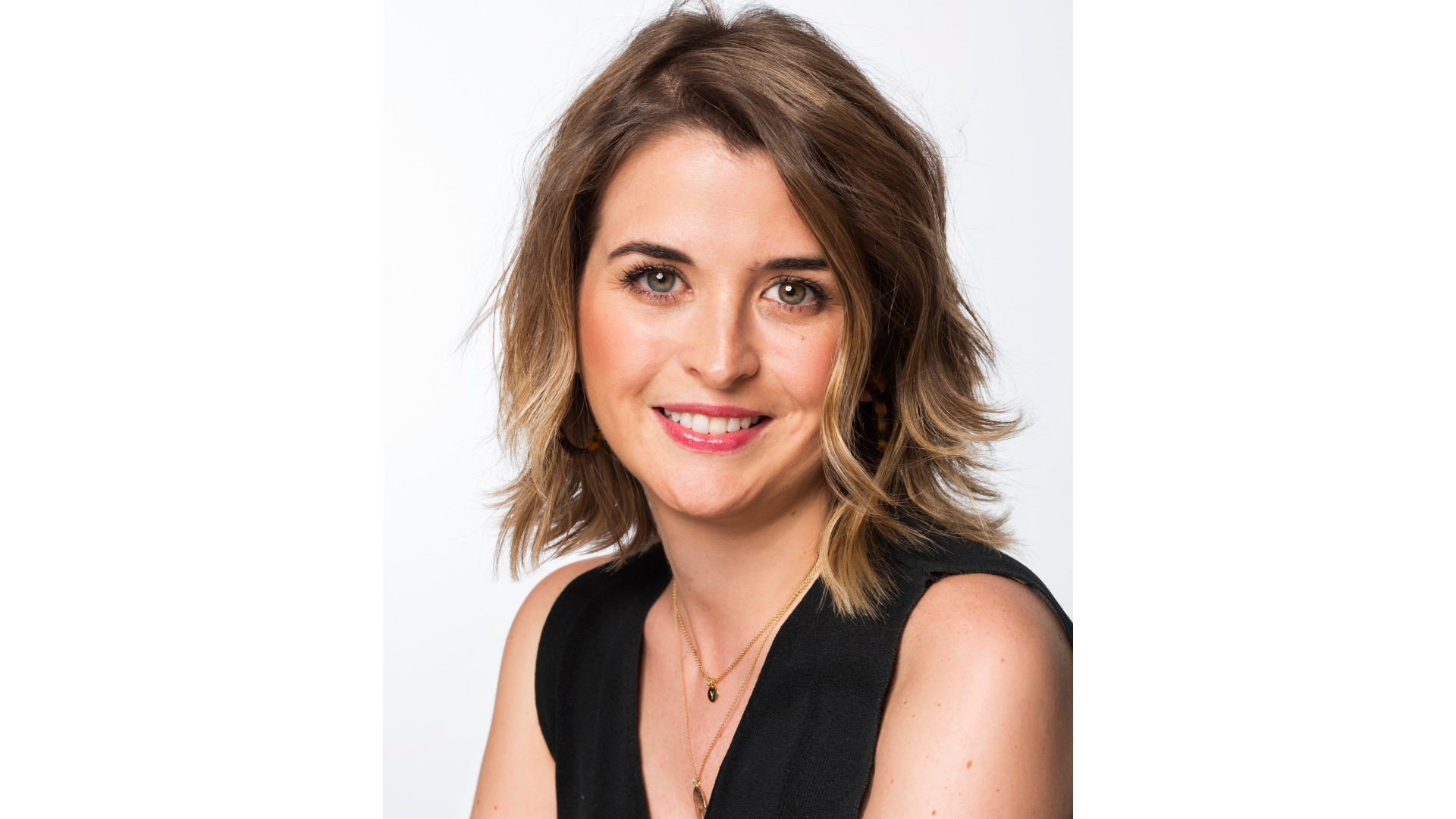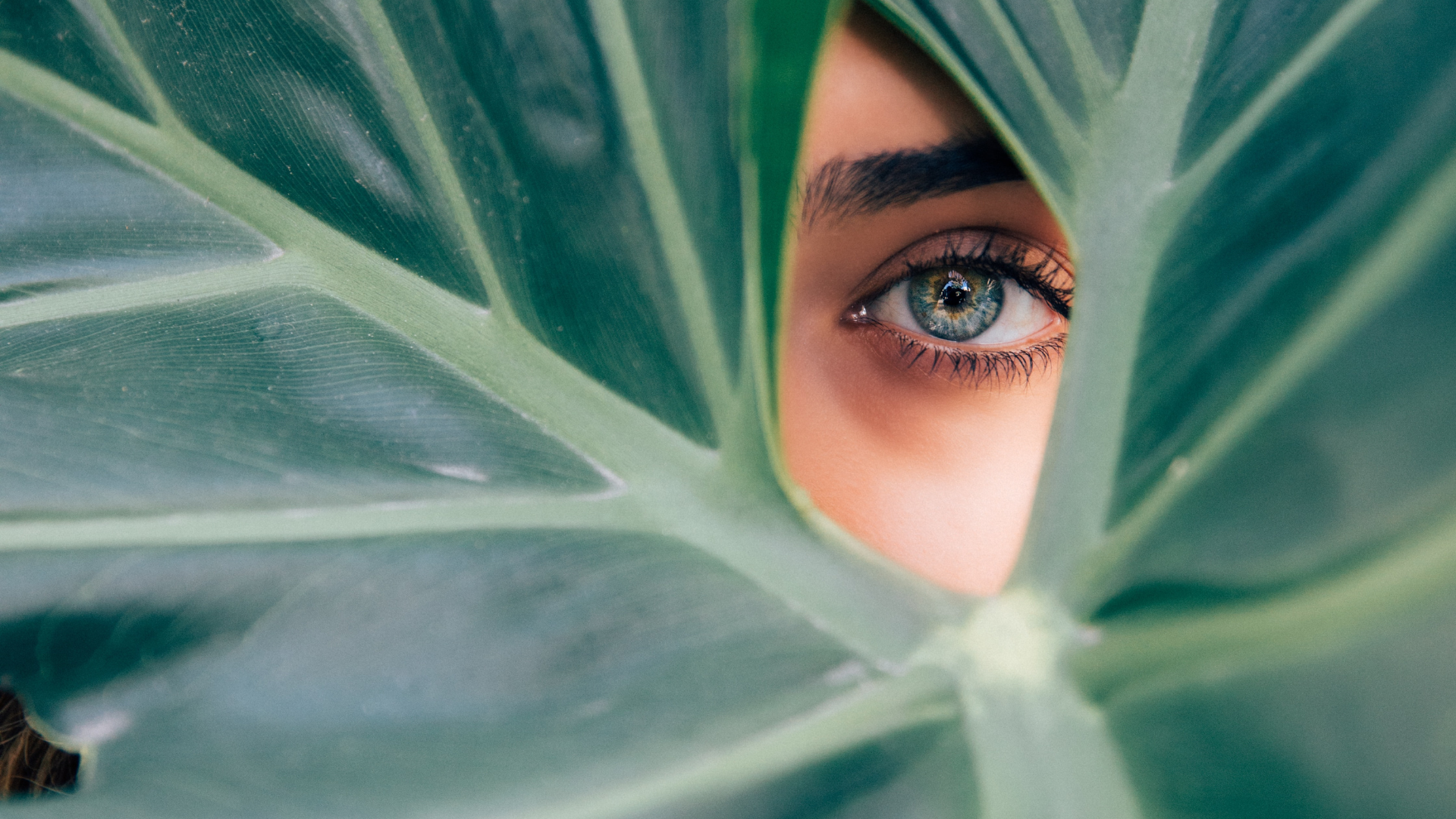We are increasingly concerned about our environment. The rise of veganism is, perhaps, one of the greatest reflections of this change in mentality. If we talk about food, the veggie phenomenon continues to grow unstoppably in Spain: more than five million people declare themselves veggies (flexitarians, vegetarians or vegans), 34% more than in 2019. The figure is from the report The Green Revolution 2021[1], which the consultancy firm Lantern has been producing annually since 2017. But this concern for not consuming animal products also permeates other sectors, especially the beauty sector. The boom in vegan formulas in cosmetics makes it clear that this trend is here to stay.
In fact, this market is expected to grow exponentially. For example, according to plantbasednews.org, by 2027, its weight will reach 21 billion dollars worldwide, with an annual growth of 5%.[2]. The emergence of a new consumer profile, one that is more conscious, supportive and sustainable. [3], as well as the increasing worry by the health, the animal welfare and the sustainability, promote this increase. For their part, brands have not overlooked this trend, which is likely to be much more than a passing fad. On the one hand, many brands, generally small or medium-sized, have long since opted for vegan formulas. On the other hand, more and more major groups - L'Oréal, Estée Lauder, Shiseido, Coty, Puig, etc. - are including vegan lines in their brands or reformulating some of their icons to meet the needs of this customer.
Vegan doesn't mean natural
Although the heavy user of vegan cosmetics is usually quite informed and therefore knows what it consists of, not everyone knows the differences between a vegan, natural, eco or cruelty-free cream. Not surprisingly, only 36% of consumers claim to be able to distinguish which cosmetics are natural and which are not.[4] Alex Lopez Capitelli, creator of Vera & The Birds, a natural and vegan cosmetics brand, insists that "it is important to clarify that vegan and natural are not the same thing". "In fact, sometimes they can be opposites. For example, if you want a red lipstick to be 100% natural, it will never be vegan because it contains cochineal," he explains. Something similar happens with cruelty free. "Both are about animal welfare, but they don't have to go hand in hand."

In spite of the awareness, the consumers confuse still the vegan cosmetics with the natural.
Source: Karolina Grabowska (Pexels)
Therefore, it is essential to make it clear that a vegan cosmetic is one that does not contain ingredients or derivatives of animal origin. If it contains honey, pollen, cochineal - as Capitelli mentioned - or some musks (practically out of use in perfumery) it would be natural, but far from veggie.
The veggie toilet bag
The truth is that vegan formulas can be found in every beauty category. There are complete hair care lines, skincare products, hygiene and body care, make-up and, of course, perfumes. In terms of brand typology, as we said, it is no longer necessary to resort to the niche segment. In the world of vegan beauty, we find brands such as the aforementioned Vera & The Birds -Spanish and sold in pharmacies-, Freshly Cosmetics, mid/night 00.00. or Cocunat, which have already acquired a certain weight in the sector; together with other smaller ones (Kul-tu; Alterlook; Unique Natural Cosmetics...).
In addition, there is an increasing presence of vegan lines in larger firms or beauty groups. From Garnier to Etnia Cosmetics, Yves Rocher to Bare Minerals. It is curious that many of the projects launched by celebrities, such as Pleasing, by singer Harry Styles, Rare Beauty by Selena Gomez, KVD, by tattoo artist Kat Von D or Kora Organics (Miranda Kerr) have gone vegan in their cosmetics.
The challenges of the vegan cosmetic
A final aspect to consider is the effectiveness and comfort of this type of formulation. Given that there are more ingredient limitations and less experience with some active ingredients, Alex López Capitelli points to this as one of the main difficulties faced by brands such as his. "The main challenge is to find alternatives to animal-based ingredients that mimic or even surpass them in terms of efficacy and sensoriality," he says.
Let's not forget that efficacy and safety must remain key aspects of any brand - be it a brand or not - that wants to carve out a niche in the beauty industry.
Sources employed:
[1] https://www.foodretail.es/2021/09/29/2021_the_green_revolution_lantern.pdf
[2] https://plantbasednews.org/lifestyle/beauty/global-vegan-cosmetics-market-exceed-21-billion/
[3] https://www.stanpa.com/notas-prensa/el-nuevo-consumidor-css-consciente-solidario-y-sostenible-volvemos-a-cuidarnos-pero-con-nuevos-valores/
[4] https://www.stanpa.com/notas-prensa/cosmetica-natural-primer-macroanalisis-europeo-neutral-y-objetivo/

